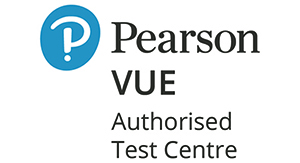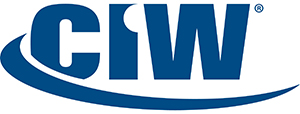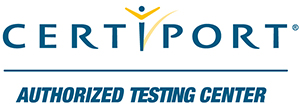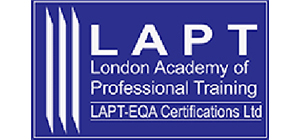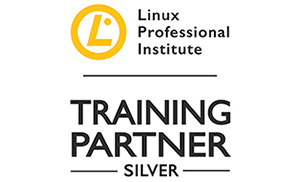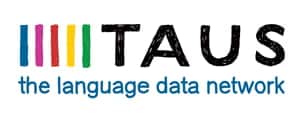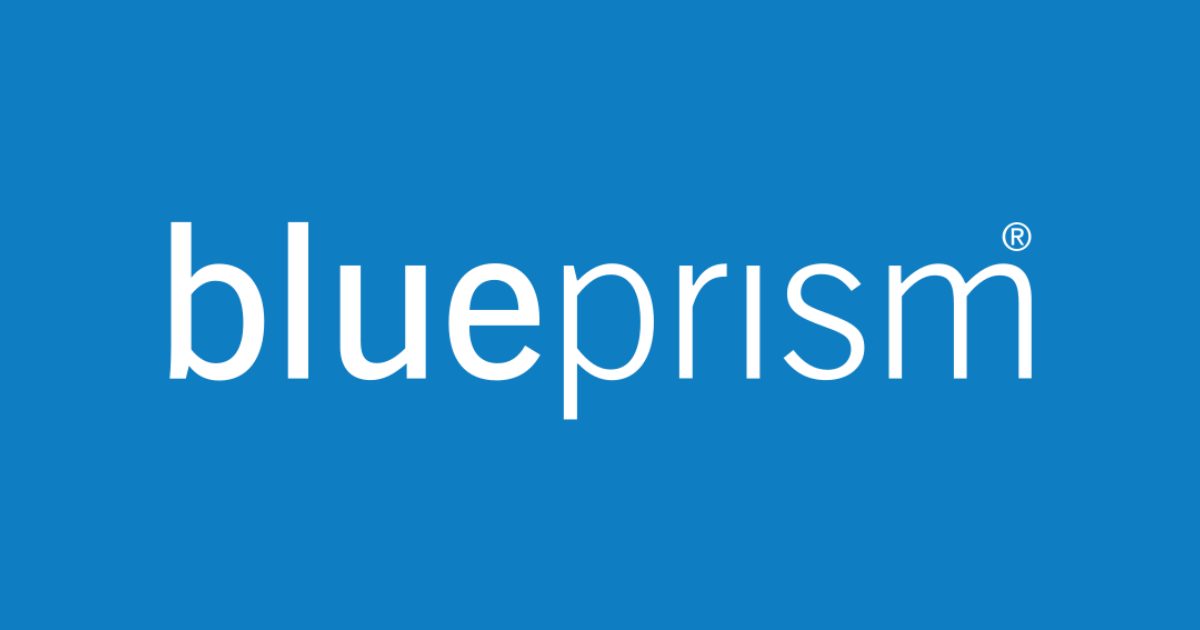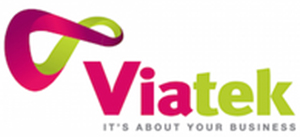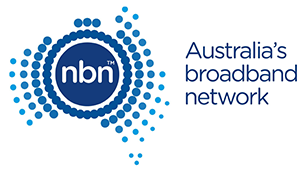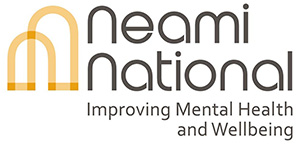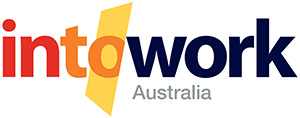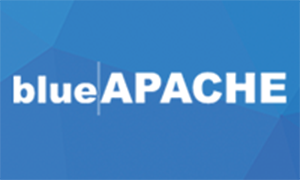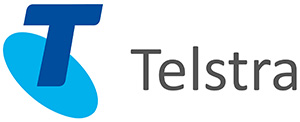DP-900 Certification Training Course
DP-900 Course including Certification Exam (Two Day Course)
Available as a one-day or two-day course
The two-day course includes the official certification exam; however, the one-day course does not include the exam.
During the DP-900 certification training course, candidates will identify and describe the core data concepts such as relational, non-relational, big data, and analytics, and explore how this technology is implemented within Microsoft Azure.
Participants will explore relational data offerings, provisioning and deploying relational databases, and querying relational data through cloud data solutions with Microsoft Azure. Explore non-relational data offerings, provisioning and deploying non-relational databases, and non-relational data stores with Microsoft Azure.
Upon training course completion, participants can attempt the DP-900 certification exam to get Microsoft Certified: Azure Data Fundamentals certification.
Logitrain offers DP-900 certification training courses in Melbourne, Sydney, Brisbane, Adelaide, Perth, and Canberra, in-house and live online.
- Training: get practical technical skills
- Receive a certificate of course attendance
- Small class size: increased instructor interaction
- Authorised test centre: exams taken at our premises
- Expert trainers: imparting real-world experience
Participants should be familiar with the concepts of relational and non-relational data, and different types of data workloads such as transactional or analytical.
Candidates can achieve this certification by passing the following exam(s).
- Exam DP-900 Microsoft Azure Data Fundamentals
The certification exam can be registered and attempted within 3 months of course/module completion at Logitrain training centre on weekdays during normal business hours (excludes public holidays)
- Describe types of core data workloads
- Describe data analytics core concepts
- Describe relational data workloads
- Describe relational Azure data services
- Identify basic management tasks for relational data
- Describe query techniques for data using SQL language
- Describe non-relational data workloads
- Describe non-relational data offerings on Azure
- Identify basic management tasks for non-relational data
- Describe analytics workloads
- Describe the components of a modern data warehouse
- Describe data visualization in Microsoft Power BI
This course is likely to add to the employment-related skills of the participants. The skills developed are likely to be used in the course of being an employee or working in a business.
- IT professionals
- Azure professionals
- Data professionals
- Business intelligence professionals
- Anyone interested in learning Microsoft Azure
- describe batch data
- describe streaming data
- describe the difference between batch and streaming data
- describe the characteristics of relational data
- describe data visualization (e.g., visualization, reporting, business intelligence
- describe basic chart types such as bar charts and pie charts
- describe analytics techniques
- describe ELT and ETL processing
- describe the concepts of data processing
- identify the right data offering for a relational workload
- describe relational data structures (e.g., tables, index, views)
- describe and compare PaaS, IaaS, and SaaS delivery models
- describe Azure SQL Database
- describe Azure Synapse Analytics
- describe SQL Server on Azure Virtual Machine
- describe Azure Database for PostgreSQL, Azure Database for MariaDB, and Azure
- describe Azure SQL Managed Instance
- describe provisioning and deployment of relational data services
- describe method for deployment including ARM templates and Azure Portal
- identify data security components (e.g., firewall, authentication)
- identify basic connectivity issues
- identify query tools
- compare DDL versus DML
- query relational data in PostgreSQL, MySQL, and Azure SQL Database
- describe the characteristics of non-relational data
- describe the types of non-relational and NoSQL data
- recommend the correct data store
- determine when to use non-relational data
- identify Azure data services for non-relational workloads
- describe Azure Cosmos DB APIs
- describe Azure Table storage
- describe Azure Blob storage
- describe Azure File storage
- describe provisioning and deployment of non-relational data services
- describe method for deployment including ARM templates and Azure Portal
- identify data security components (e.g., firewall, authentication)
- identify basic connectivity issues
- identify management tools for non-relational data
- describe transactional workloads
- describe the difference between a transactional and an analytics workload
- describe the difference between batch and real time
- describe data warehousing workloads
- determine when a data warehouse solution is needed
- describe Azure data services for modern data warehousing such as Azure Data Lake, Azure Synapse Analytics, Azure Databricks, and Azure HDInsight
- describe modern data warehousing architecture and workload
- describe common practices for data loading
- describe the components of Azure Data Factory (e.g., pipeline, activities, etc.)
- describe data processing options (e.g., HDI, Azure Databricks, Azure Synapse Analytics, Azure Data Factory)
- describe the role of paginated reporting
- describe the role of interactive reports
- describe the role of dashboards
- describe the workflow in Power BI
- describe batch data
- describe streaming data
- describe the difference between batch and streaming data
- describe the characteristics of relational data
- describe data visualization (e.g., visualization, reporting, business intelligence
- describe basic chart types such as bar charts and pie charts
- describe analytics techniques
- describe ELT and ETL processing
- describe the concepts of data processing
- identify the right data offering for a relational workload
- describe relational data structures (e.g., tables, index, views)
- describe and compare PaaS, IaaS, and SaaS delivery models
- describe Azure SQL Database
- describe Azure Synapse Analytics
- describe SQL Server on Azure Virtual Machine
- describe Azure Database for PostgreSQL, Azure Database for MariaDB, and Azure
- describe Azure SQL Managed Instance
- describe provisioning and deployment of relational data services
- describe method for deployment including ARM templates and Azure Portal
- identify data security components (e.g., firewall, authentication)
- identify basic connectivity issues
- identify query tools
- compare DDL versus DML
- query relational data in PostgreSQL, MySQL, and Azure SQL Database
- describe the characteristics of non-relational data
- describe the types of non-relational and NoSQL data
- recommend the correct data store
- determine when to use non-relational data
- identify Azure data services for non-relational workloads
- describe Azure Cosmos DB APIs
- describe Azure Table storage
- describe Azure Blob storage
- describe Azure File storage
- describe provisioning and deployment of non-relational data services
- describe method for deployment including ARM templates and Azure Portal
- identify data security components (e.g., firewall, authentication)
- identify basic connectivity issues
- identify management tools for non-relational data
- describe transactional workloads
- describe the difference between a transactional and an analytics workload
- describe the difference between batch and real time
- describe data warehousing workloads
- determine when a data warehouse solution is needed
- describe Azure data services for modern data warehousing such as Azure Data Lake, Azure Synapse Analytics, Azure Databricks, and Azure HDInsight
- describe modern data warehousing architecture and workload
- describe common practices for data loading
- describe the components of Azure Data Factory (e.g., pipeline, activities, etc.)
- describe data processing options (e.g., HDI, Azure Databricks, Azure Synapse Analytics, Azure Data Factory)
- describe the role of paginated reporting
- describe the role of interactive reports
- describe the role of dashboards
- describe the workflow in Power BI

Take the certification exam within 3 months of course / module completion

Take the official vendor certification exam at the Logitrain training center

Course material in digital format is included for flexibility and ease of use

Mock test is included in the full-time courses to assist with your preparation

Our trainers are highly skilled with expertise and extensive hands-on experience

Relax, we will beat competitor’s advertised price in Australia. Our course has no extra costs
| Location | Type | Duration | Price | Dates | |
|---|---|---|---|---|---|
| Location | Type | Duration | Price | Dates |
The supply of this course/package/program is governed by our terms and conditions. Please read them carefully before enrolling, as enrolment is conditional on acceptance of these terms and conditions. Proposed dates are given, courses run subject to availability and minimum registrations.
Find out why we are the leading choice to help boost your career in Australia
| Approachable and knowledgeable; comfortable surroundings. Logitrain does make IT training easier |
I recently followed the ITIL Foundation course at Logitrain. The training, materials and facilities were excellent and I would not hesitate to train with Logitrain again.
Thanks for a great week! Really enjoyed and feel I picked up a lot. Great Trainer! Will definitely look at further studies here.
Well-presented and able to convey immense knowledge to class. All queries were responded to promptly.
Excellent teaching method, easy to understand.
Logitrain provided a valuable insight into ITIL and enabled me to excel and advance my knowledge through a simple and well organised series of sessions.
Great place to study for certification, knowledgeable persons, excellent customer service. Ready to answer queries on the spot, very helpful.
The trainer was very patient and gave everybody the opportunity to participate.
The trainer explained everything very well. Logitrain was very helpful for me in getting a better overall understanding of CCNA. I previously had studied it 2 years earlier but required revision
Over 1000 organisations have relied on Logitrain to be their trusted training partner.

Don’t Wait. Please fill the form now.





